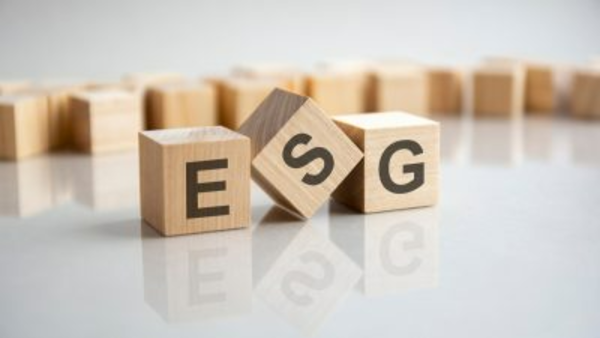As the universe of environmental, social, and governance (ESG) exchange traded funds expands and more investors focus on sustainable strategies, more market participants are prioritizing cutting through the clutter.
In other words, adopters of ESG ETFs want simplicity and to avoid controversies such as greenwashing. When it comes to pairing ESG with ex-U.S. developed market equities, the SPDR Bloomberg SASB Developed Markets Ex US ESG Select ETF (RDMX ) helps investors accomplish those objectives.
RDMX, which debuted in January, follows the Bloomberg SASB® Developed Markets ex US Large & Mid Cap ESG Ex-Controversies Select Index, which can be viewed as an ESG alternative to standard international developed markets benchmarks such as the MSCI EAFE Index. Moreover, RDMX’s straightforward approach is a plus for new and seasoned ESG investors alike.
“To end investors not familiar with how ESG information is being used, there is often confusion and disappointment when they see companies that they perceive to have a negative societal impact in a sustainable fund portfolio. But few sustainable funds evaluate their investments solely on the basis of broader societal impact,” wrote Morningstar analyst Jon Hale.
RDMX’s underlying index not only focuses on companies with favorable ESG traits, but it looks to avoid those that could be more prone to ESG controversies. In terms of index objectives, that is easy to understand. That’s important because considerable debate remains regarding ESG inputs, ratings, and scoring.
“Much confusion exists between approaches that use information about material environmental, social, and governance issues to achieve a more holistic view of an investment and those that emphasize the broader societal impact of an investment. In fact, ESG best describes the metrics and ratings that are inputs to investment decisions,” added Hale.
RDMX holds 443 stocks, providing investors with a solid representation of which ex-U.S. developed markets offer investors strong ESG credentials. Japan, the U.K., France, and Canada combine for over 54% of the ETF’s lineup.
As is the case with many international developed markets strategies, RDMX has a value tilt, with the financial services, industrial, consumer staples, and healthcare sectors combining for about 58% of the fund’s weight. In addition to value, some of those groups offer quality traits, including growing dividends and a distinct lack of ESG controversies.
RDMX sports an inexpensive annual expense ratio of 0.12%, or $12 on a $10,000 stake.
For more news, information, and strategy, visit the ESG Channel.

